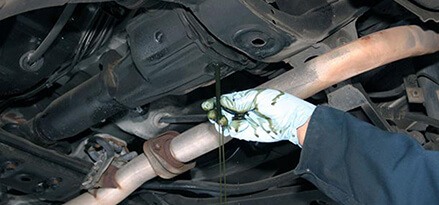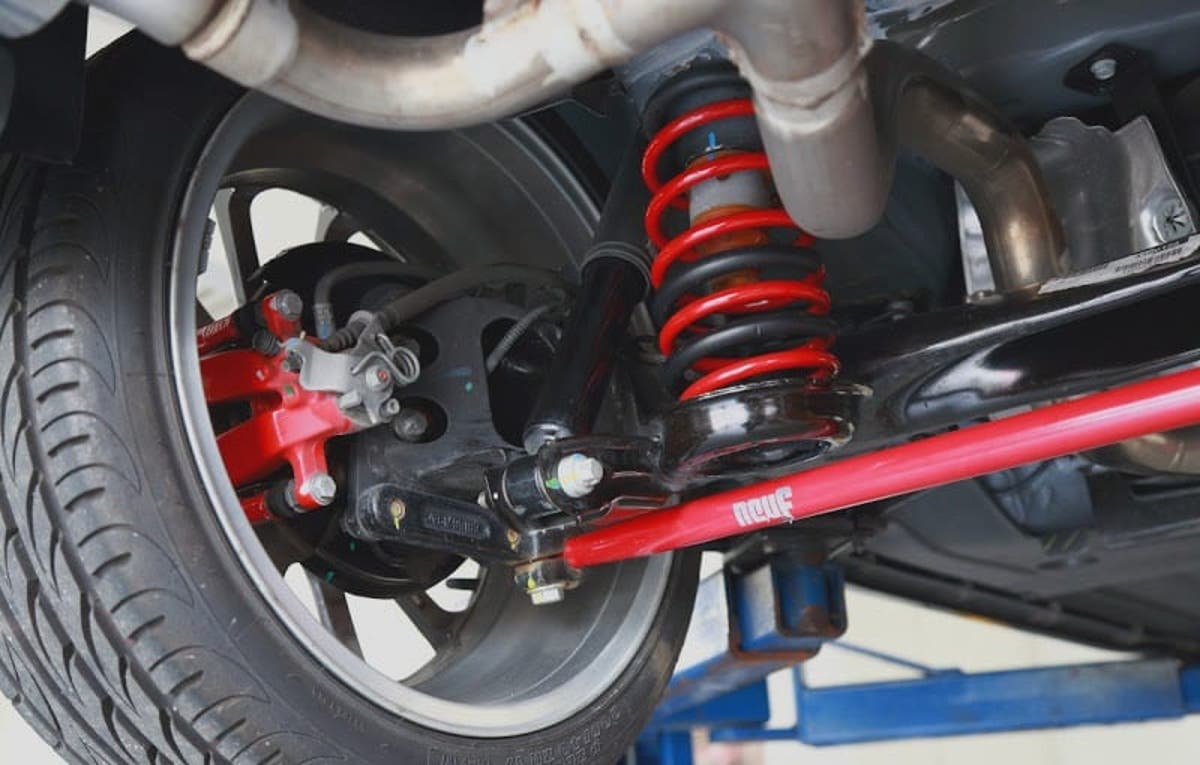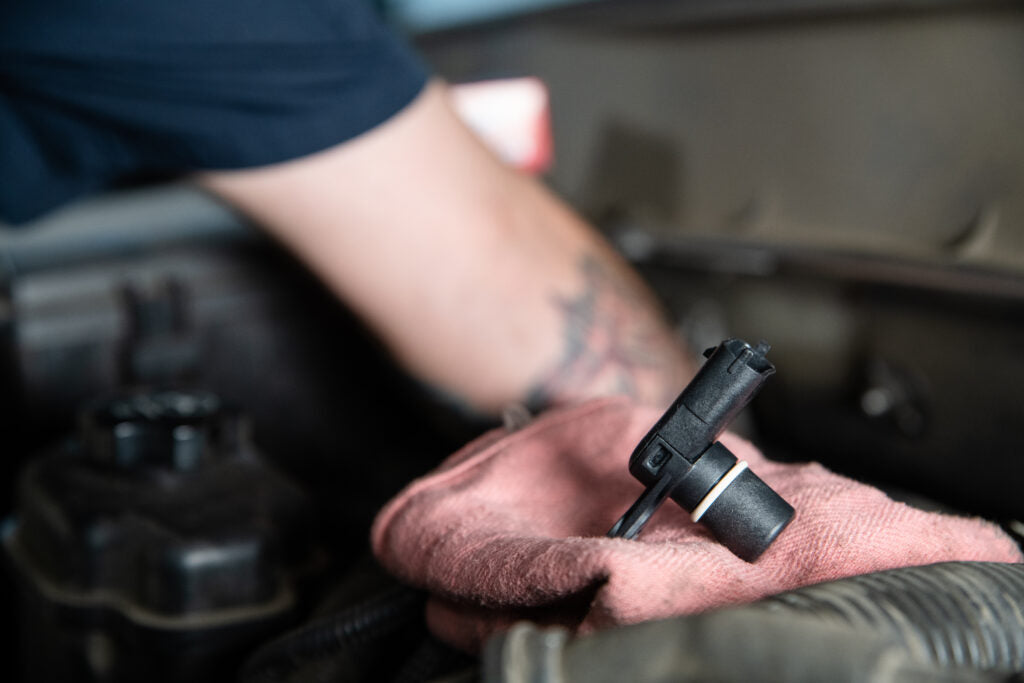Why You Need the Right Car Differential Fluid Pump for Your Vehicle
When it comes to maintaining and caring for your car, there are many different components that need to be regularly checked and serviced. One of these important components is the differential, which is responsible for transferring power from the engine to the wheels. In order to keep your differential running smoothly, it's crucial to have the right fluid pump for your vehicle's specific needs. In this article, we'll delve into the world of car differential fluid pumps and why they are an essential part of your car's maintenance.
1. What is a Car Differential Fluid Pump?

What is a Differential?
Before we can understand what a car differential fluid pump is, it's important to know what a differential is and how it functions within your vehicle. The differential is a mechanical device located between the drive wheels of your car, and its main purpose is to allow the wheels to rotate at different speeds while still receiving power from the engine. This allows for smoother turns and better handling on the road.
What is a Car Differential Fluid Pump?
A car differential fluid pump is a specialized pump that is designed specifically for the differential in your vehicle. It is responsible for pumping the necessary fluid into the differential, ensuring that it stays well lubricated and functioning properly. Without the proper fluid levels, the differential can become damaged, causing major issues with your car's performance.
Why is a Good Car Differential Fluid Pump Important?
Having the right car differential fluid pump is crucial for the overall health of your vehicle. Without a properly functioning differential, your car may experience issues with steering, handling, and acceleration. Additionally, using the wrong type of fluid or not having enough fluid in your differential can lead to costly repairs down the line. That's why it's important to invest in a quality car differential fluid pump that meets the specifications of your vehicle.
2. How to Choose the Right Car Differential Fluid Pump for Your Vehicle
Consider Your Vehicle's Needs
When searching for a car differential fluid pump, it's important to consider your specific vehicle's needs. Different makes and models of cars may require different types of pumps, so it's crucial to do your research and find the one that is best suited for your car.
Check the Size and Compatibility
Another important factor to consider when choosing a car differential fluid pump is its size and compatibility with your vehicle. You want to make sure that the pump will fit properly and work effectively with your car's differential. It's always a good idea to check your owner's manual or consult a mechanic to ensure you're purchasing the correct pump.
Read Reviews and Compare Prices
Before making a purchase, it's always a good idea to read reviews from other customers who have used the car differential fluid pump you are considering. This will give you an idea of its performance and reliability. Additionally, it's important to compare prices from different retailers to ensure you're getting the best deal for your money.
3. How to Properly Maintain Your Car Differential Fluid Pump

Follow Manufacturer's Recommendations
The best way to maintain your car differential fluid pump is to follow the recommendations of the manufacturer. This includes using the correct type and amount of fluid, as well as changing it at the recommended intervals. Neglecting to follow these recommendations can result in damage to your differential and ultimately, your wallet.
Regularly Check Fluid Levels
It's important to regularly check the fluid levels in your differential to ensure they are at the proper level. A good rule of thumb is to check every time you get an oil change or have other routine maintenance done on your vehicle. If you notice any significant decrease in fluid levels, it may be a sign of a leak or other issue that needs to be addressed.
Inspect for Leaks or Damage
In addition to checking fluid levels, it's important to inspect your car differential fluid pump for any signs of leaks or damage. If you notice any leaks, it's important to have them repaired as soon as possible to prevent further damage to your differential. Additionally, if you notice any damage to the pump itself, it may need to be replaced.
4. Common Types of Car Differential Fluid Pumps

Mechanical Pumps
Mechanical pumps are the most common type of car differential fluid pump. They use mechanical force to draw the fluid from the reservoir and pump it into the differential. These pumps are typically more affordable and can be found in most vehicles.
Electric Pumps
Electric pumps are becoming more popular in newer vehicles. They use an electric motor to pump the fluid, which allows for more precise control over the flow and pressure. Electric pumps are typically more efficient and require less maintenance than mechanical pumps.
Air Pumps
Air pumps are another type of car differential fluid pump that uses compressed air to pump the fluid into the differential. These pumps are not as common and are typically only found in high-performance vehicles. They are known for their durability and ability to withstand extreme conditions.
5. Frequently Asked Questions About Car Differential Fluid Pumps

What happens if I don't change my car's differential fluid?
Neglecting to change your car's differential fluid can lead to a variety of issues, including damage to the differential, decreased performance, and potential breakdowns.
How often should I change my car's differential fluid?
The frequency of changing your car's differential fluid will vary depending on the make and model of your vehicle. It's best to consult your owner's manual or a mechanic for specific recommendations.
Can I use any type of fluid in my car's differential?
No, it's important to use the specific type of fluid recommended by the manufacturer for your car's differential. Using the wrong type of fluid can lead to damage and costly repairs.
What are some signs that my car's differential pump may be failing?
Some signs of a failing car differential pump include leaks, unusual noises coming from the differential, and difficulty steering or handling your vehicle.
Do I need to replace my car's differential pump every time I change the fluid?
No, it's not necessary to replace the pump every time you change the fluid. However, if you notice any issues with the pump itself, it's important to have it inspected and potentially replaced.
6. Conclusion

In conclusion, having the right car differential fluid pump is essential for maintaining the overall health and performance of your vehicle. It's important to choose a pump that meets the specific needs of your car, regularly maintain it, and address any issues as soon as they arise. By following these guidelines, you can ensure that your car's differential will continue to run smoothly and efficiently for years to come.



